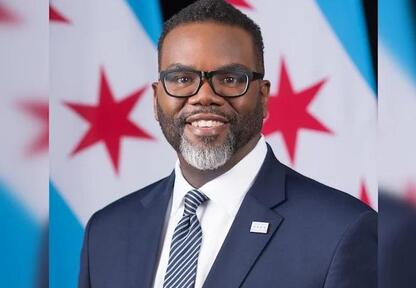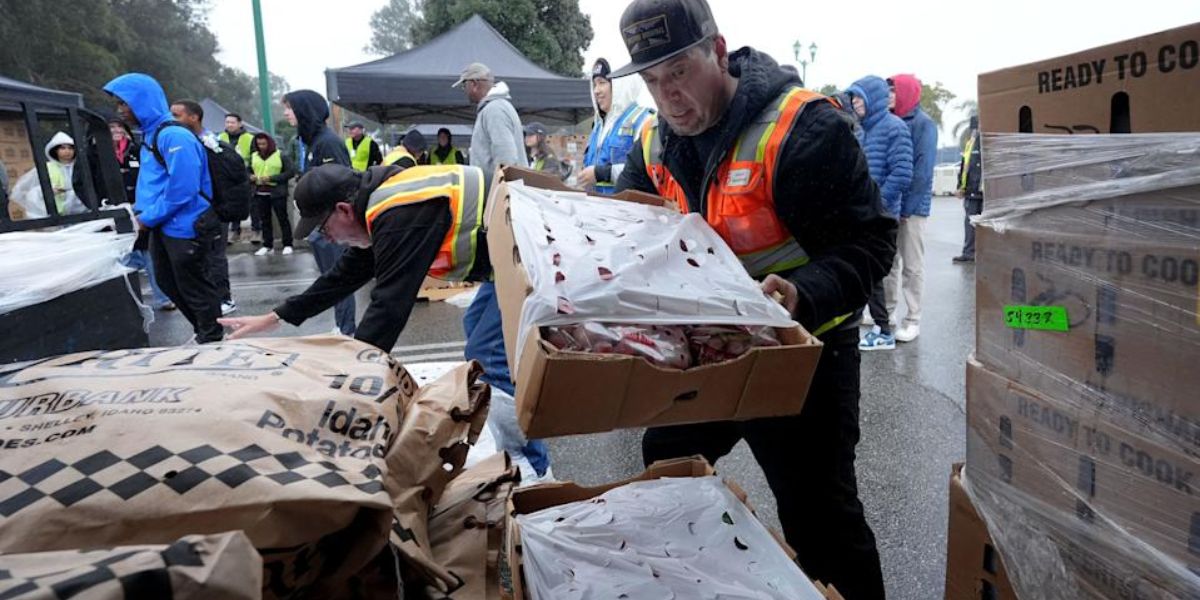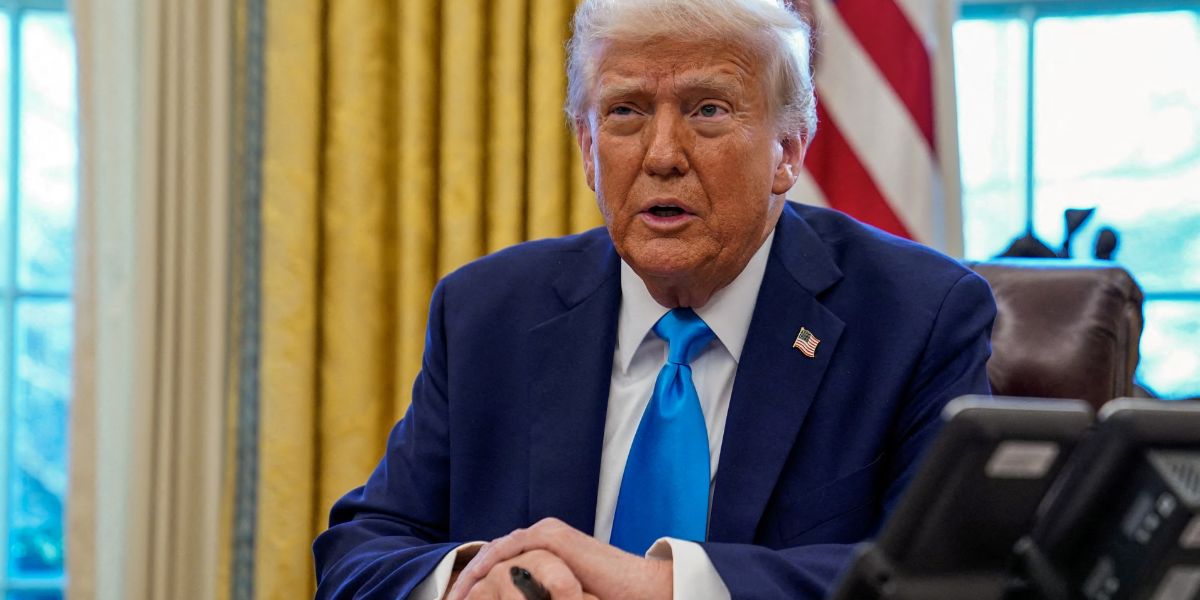Amidst escalating violence on Chicago’s West Side, Mayor Brandon Johnson has introduced the ‘Take Back the Block’ initiative, aiming to foster peace through collaboration between government and community. While the initiative holds ambitious promise, local skepticism underscores a history of unfulfilled commitments, resonating strongly among West Side residents. “It’s crap. Next year, we’ll be having the same meeting. Nothing changes,” remarked resident Roland Chatman to ABC7 Chicago, reflecting a deep-seated mistrust in new initiatives and a community tired of broken promises.
Mayor Johnson, undeterred by skepticism, is steadfast in reshaping the narrative. His administration highlights the hiring of over 27,000 students for summer jobs as a proactive step to engage youth positively. “No other mayors can claim doubling summer job opportunities for young people,” Johnson emphasized during a recent gathering, met with mixed reactions. This initiative will operate on select Fridays throughout the summer, focusing on neighborhoods grappling with high violence rates. Despite initial doubts, city officials remain optimistic that encouraging community involvement in violence prevention efforts will strike a chord with residents.
In addition to ‘Take Back the Block’, Mayor Johnson has championed ‘Cycle Breakers’, a collaborative effort with the Chicago Department of Public Health (CDPH). This innovative program employs technology to connect young individuals with activities tailored to their interests and offers a hotline for caregivers in need. According to Axios, ‘Cycle Breakers’ aligns with Johnson’s holistic approach to addressing the root causes of violence. “We must invest in addressing the underlying causes of violence because that’s the key to building a safer, stronger city,” Johnson asserted at a recent press briefing.
Also Read:
- Mayor Criticizes ‘Choice to Kill’ Following Chicago’s Violent Holiday Weekend
- Chicago Mayor Brandon Johnson Signs Executive Order for Reparations Task Force
Beyond policy, Mayor Johnson’s personal experiences underscore his commitment. Violence hits close to home for him; he and his family have directly encountered its threats. “We’ve heard gunshots. I’ll never forget a time when my children were younger, and there were shots right outside our door. My wife and I crawled to their room, hoping we wouldn’t become a tragic headline,” Johnson revealed in an interview with Axios. This personal connection adds a profound layer to his policies, moving beyond statistics to the lived realities of affected communities.






